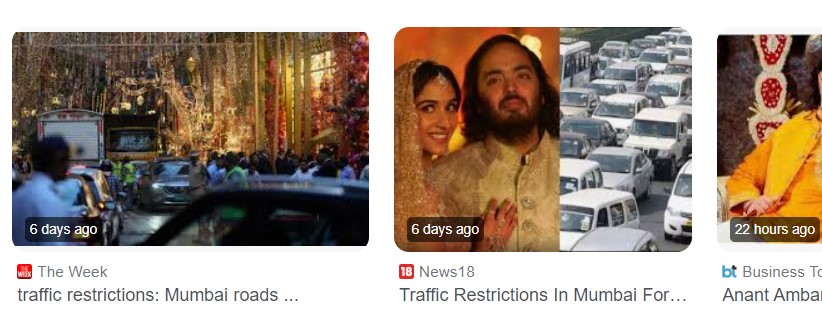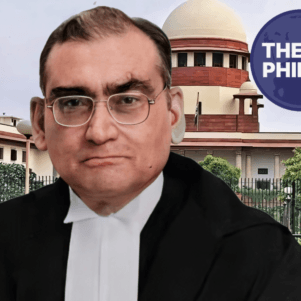
Government Imposes Section 144 for Ambani Wedding, Sparking Public Outrage
In a controversial move, the government has imposed Section 144 in Mumbai’s Bandra Kurla Complex (BKC) to ensure the smooth conduct of the extravagant wedding of Anant Ambani and Radhika Merchant. This decision has not only sparked outrage among locals but also raised critical questions about the prioritization of public resources for a private event.
The imposition of Section 144, which prohibits the assembly of four or more people in an area, is typically reserved for times of unrest or significant public threat. However, its use to facilitate a private wedding celebration has left many residents and employees in the area baffled and frustrated. Companies in BKC have asked their employees to work remotely from July 12 to July 15 due to the extensive traffic restrictions, which will see roads near the Jio World Convention Centre, owned by Mukesh Ambani’s Reliance conglomerate, closed to all but “event vehicles” from 1 pm to midnight.
This move has caused significant disruption to daily life and sparked a wave of criticism on social media. Many are questioning why a personal event has been given the status of a “public event” simply because of the high-profile guests in attendance. The decision to impose such strict measures for a private celebration highlights a troubling trend of prioritizing the elite over the general public.
The big fat Indian wedding is the culmination of months of extravagant pre-wedding celebrations, including lavish galas in Gujarat’s Jamnagar and a luxury cruise in Europe. Now, as the wedding festivities move to Mumbai, the imposition of Section 144 has added to the growing list of inconveniences faced by the city’s residents.
Critics argue that the government should not have imposed such severe restrictions for a private event. The presence of high-profile international and Indian celebrities does not justify the extensive measures taken, especially when they come at the expense of the general public’s convenience and freedom. The authorities should have found a way to accommodate the event without causing such widespread disruption and inconvenience.
The reliance on heavy-handed measures like Section 144 for the wedding underscores a broader issue of governance and public resource allocation. Public spaces and resources should be used for the benefit of all citizens, not just a privileged few. The imposition of Section 144 for a wedding sends a message that the needs of the wealthy and powerful are prioritized over those of ordinary people.
As Anant Ambani and Radhika Merchant’s wedding approaches, it is crucial to remember that public trust in governance is built on fairness and equity. The current approach taken by the authorities undermines this trust and highlights a significant disconnect between the government’s actions and the needs of its citizens. The time has come for a reevaluation of priorities, ensuring that public resources are used responsibly and for the benefit of all, rather than for the convenience of a select few.




